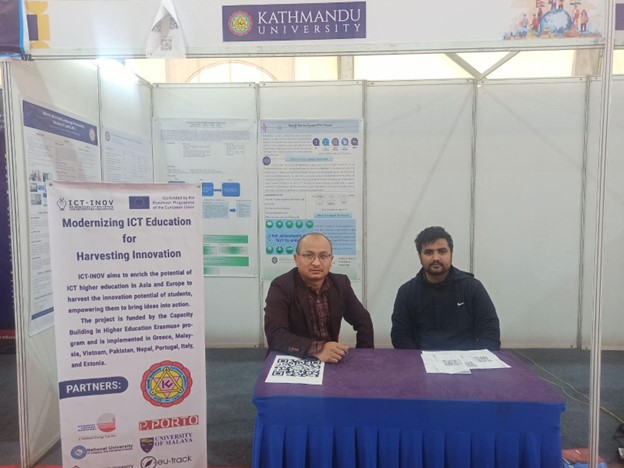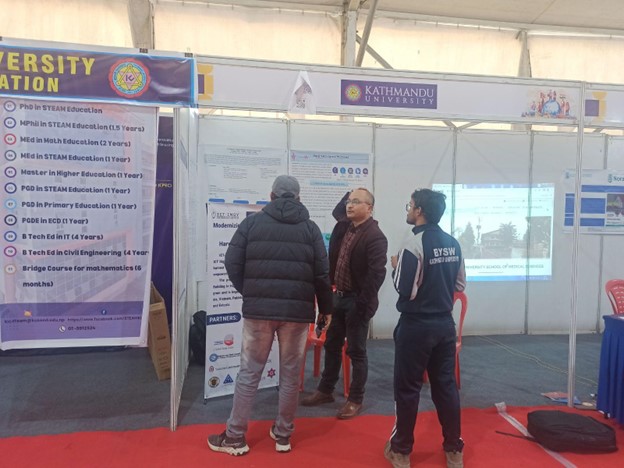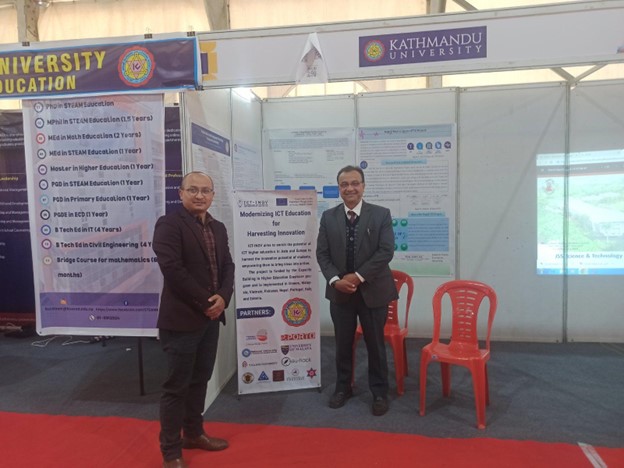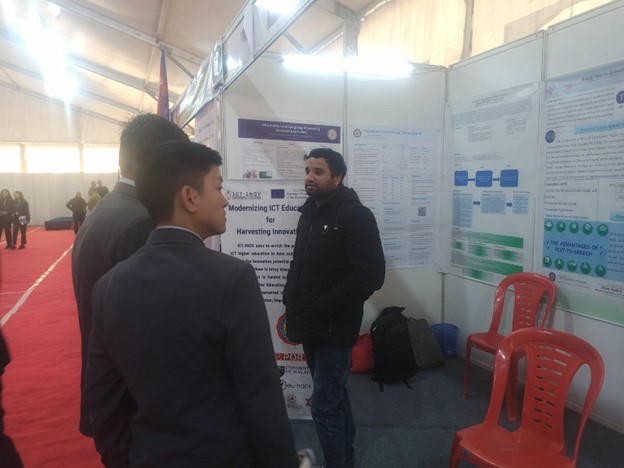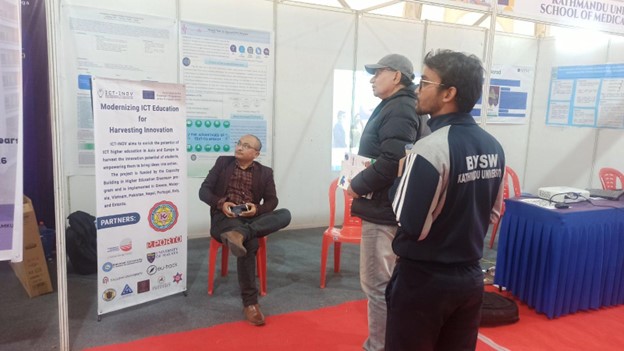
Title
North Zone Vice Chancellors’ Meet 2024 and Bharat-Nepal Education Summit.
Date and Location
The event was organized at the University’s premises at Dhulikhel on February 15 – 17, 2024.
Participants
The event was attended by delegates from 151 member universities.
Description of activities
This is a higher education mega event of its kind in the region with the theme of Globalization and Internationalization of higher education and subthemes of International Collaborations and Partnerships: Building bridges for Higher Education, Global Higher Education Policy and Regulation: Harmonizing Standards, and Student Mobility and Diversity: Enhancing International Experience.
The event was hosted by Kathmandu University, an autonomous, not-for-profit, self-funding public institution established by an Act of Parliament in December 1991. It is an institution of higher learning dedicated to maintaining the standard of academic excellence in various classical and professional disciplines.
The event was attended by representatives of universities from both Nepal and India. It was supported by the Association of Indian Universities (AIU), an organization and association of universities in India including central, state, institutes of national importance and deemed universities. AIU is based in Delhi. It was established in 1925 and has 809 member universities including 17 overseas universities.
In the event all the different universities showcased their information dissemination desk and stalls to disseminate about academic programs, research works and projects from their respective universities. Kathmandu University also participated in the events with the information about different currently running academic programs, research and projects. Project ICT-INOV was featured in the event. Project presentations demonstrated objectives, activities, outcomes, and partners towards building innovation capacity. Presentations highlighted the importance of the project towards building the innovation capacity of higher education students and underscored the usefulness and applicability of the open digital collaboration tools developed in the project in higher education practices.
